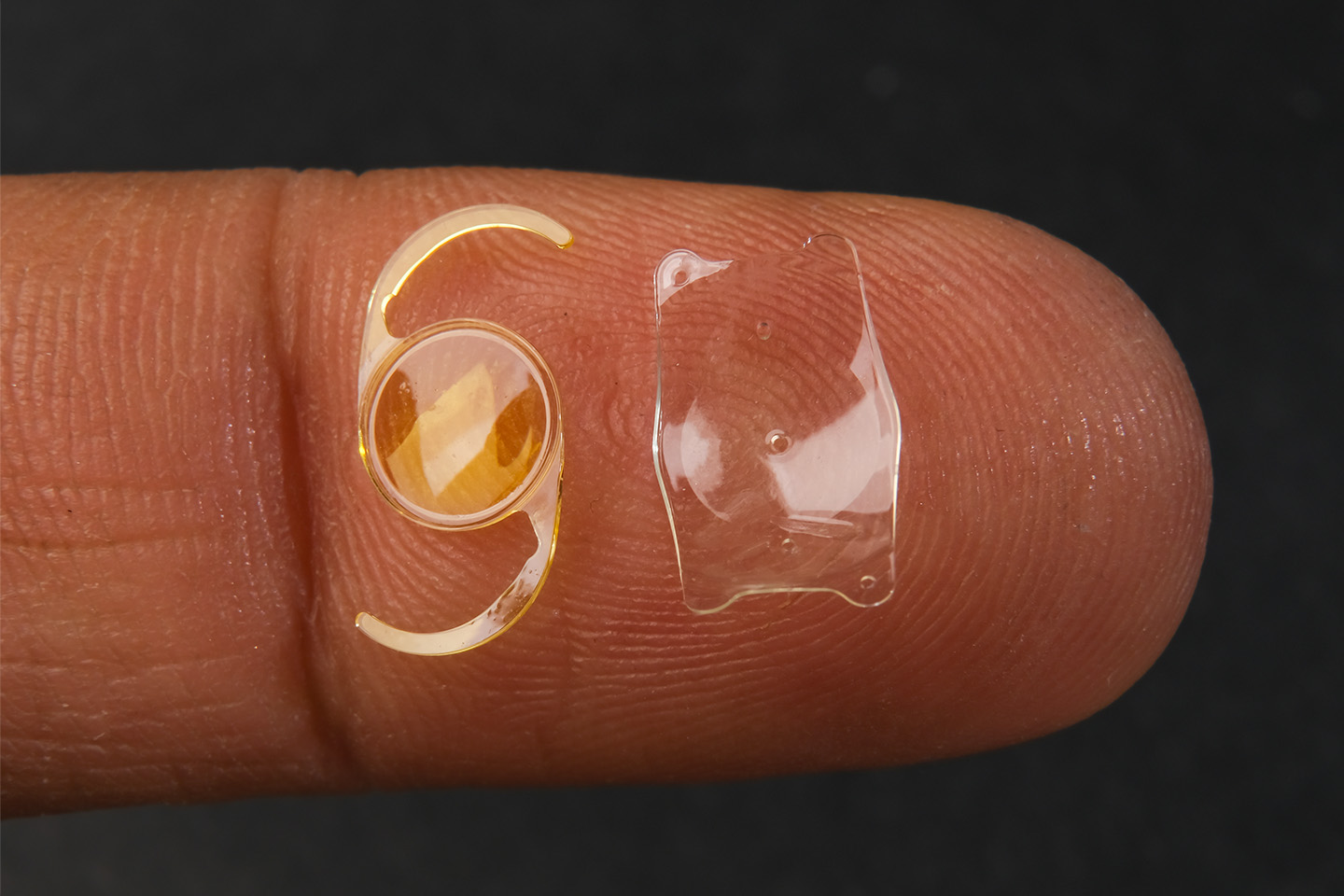What New Information about the Cause of Glaucoma Means for Patients

Glaucoma is currently the second-leading cause of blindness in the United States, but exciting new research may lead to a cure.
Glaucoma, an umbrella term for a group of diseases that affect the optic nerve, can lead to vision loss and blindness if left untreated. In most forms of glaucoma, pressure builds up inside the eye, causing a condition caused “high intraocular pressure.” However, a team at Massachusetts Ear and Eye and MIT recently noticed something curious: some patients with glaucoma didn’t have high intraocular pressure, and for those who did, lowering pressure in the eye didn’t necessarily stop vision loss.
The team set out to investigate further, and the resulting research has the potential to change the way we screen for, diagnose, and treat glaucoma.
The New Findings Of Glaucoma
The recently published findings point to a newly discovered root cause of glaucoma: an autoimmune response to bacteria exposure that elevates eye pressure, which in turn triggers proteins called “heat shock” or “stress” proteins. When the body’s memory T cells — a special type of infection-fighting cell — detect the heat shock proteins, the real trouble begins.
The T cells mistake important neurons in the retina that send visual information from the eye to the brain for foreign bodies and attack them. This misguided T cell attack causes the progressive, irreversible damage to the optic nerve we know as glaucoma.
The discovery that an immune response may be the primary cause of glaucoma has important implications for patients. By analyzing blood samples, the Massachusetts researchers found that T cell activity was five times higher in glaucoma patients than in individuals without the disease. Testing for biomarkers in the blood could, therefore, become a critical component of glaucoma screening moving forward.
The Future of Glaucoma Treatment
New treatment options may also arise based on these findings. While further research is required, co-lead researcher Dr. Dong F. Chen says, “Our work shows that there is hope for finding a cure for glaucoma, or even preventing its development entirely.” Manipulating the eye’s immune response by targeting memory T cells in the eye could help to completely eliminate the disease in the future.
In the meantime, early detection and intervention remain critical for stopping the slow, irreparable damage glaucoma can cause. A comprehensive eye examination at ICON Eyecare is the first step. If our specialists find signs of glaucoma, we will design a treatment plan designed specifically for you to protect your eyesight and prevent additional loss of vision. Whether you need eye drops, surgery, or something in between, we have the technology and experience to provide you with the highest quality eye care.









